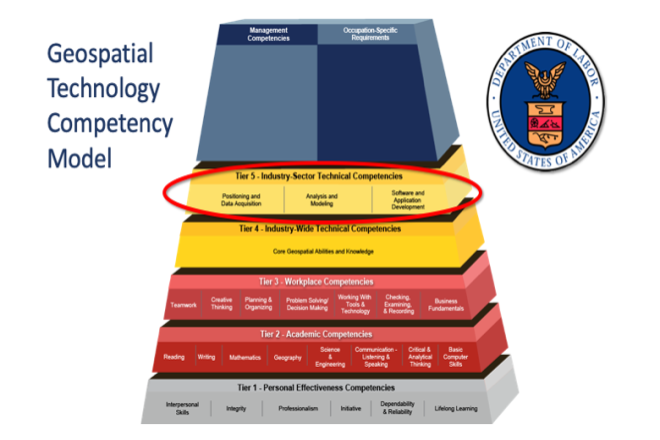Ethical Dimensions of Renewable Energy and Sustainability Systems

Credit: Solar Panels by American Public Power Association is free to use
Resource Description
This course presents an examination of ethical issues relevant to systems-based research procedures, professional conduct, social and environmental impacts, and embedded ethics in research and professional practice in RESS based jobs. In this course, you will consider case studies of ethical issues that can arise when engaging renewable energy and sustainability systems. You will also develop an ethics case study based on your area of RESS interests. The goals of the course are to provide you with tools for analyzing ethical issues both in the line of professional duties and in consideration of the various ethical issues that face an entire sector of renewable energy and that underpin the very reasons for taking a sustainable and renewable approach. Learn moreMaking Maps that Matter with GIS
Resource Description
This open courseware consists of eight videos from the gateway course to Penn State's Certificate and Masters degree programs in GIS. Following an introduction entitled “Why GIS Matters," six case studies correspond to the three sectors of the U.S. Department of Labor’s Geospatial Technology Industry: 1. Positioning and Data Acquisition (“GIS and the Eradication of Polio in Nigeria” and "A Global Geodetic Reference Frame for Sustainable Development”) 2. Analysis and Modeling (“Everyday Spatial Analysis” and “A National Water Model for Flood Prediction and Response”) 3. Software and App Development (“Rediscovering GIS” and “Building a Web GIS Business) The concluding video "Will GIS Matter in the Internet of Things?” considers the future of GIS technology and prospects for GIS people. Making Maps that Matter with GIS Video Playlist Learn moreSustainability and Non-Market Enterprise

Credit: White Windmill by fxxu is licensed under CC0

